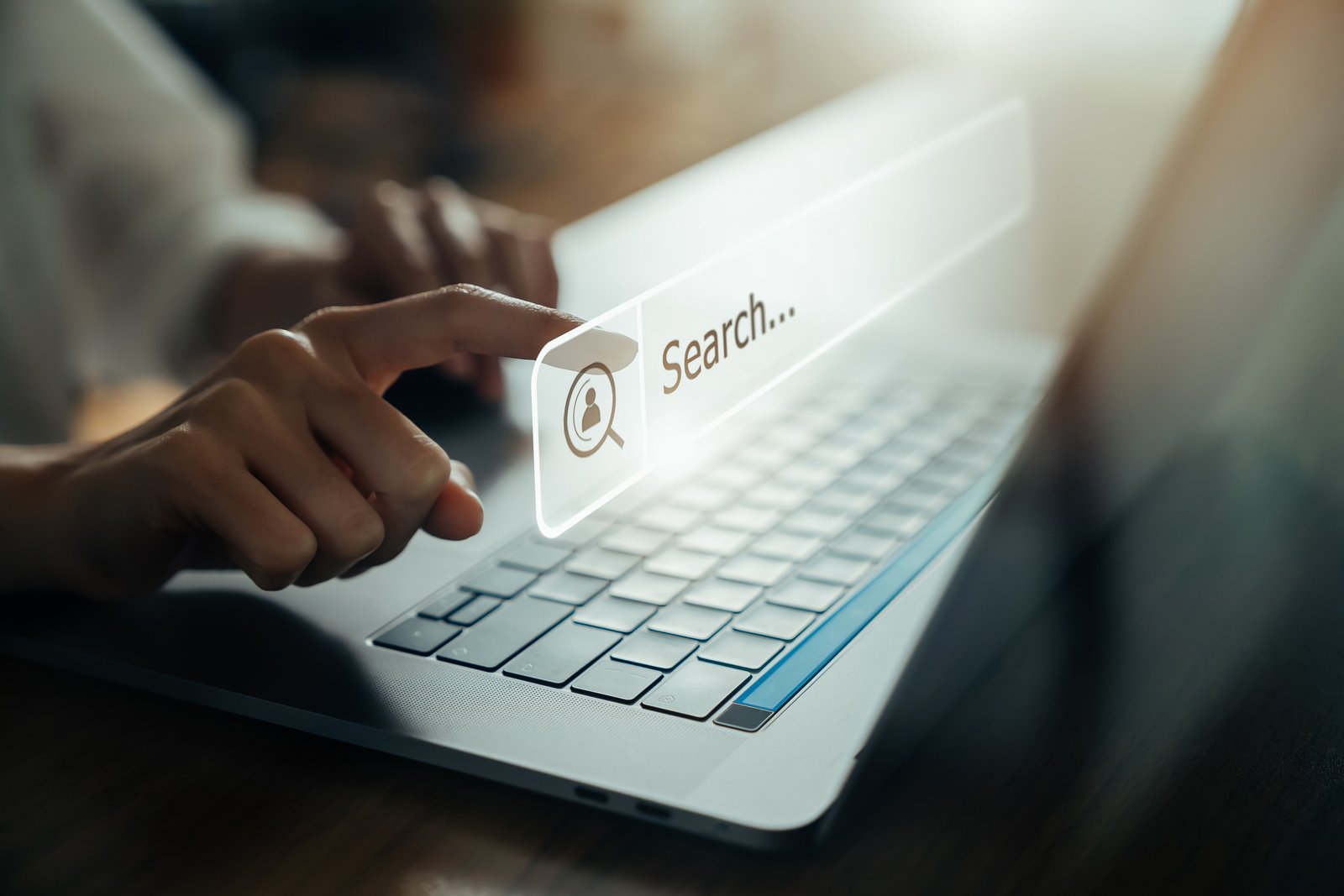Whether it’s habits that are hindering your progress or personal finance blind spots that could catch you out, here are 5 reasons why you might still be in debt
1. You don’t budget
Whether you don’t have a budget in place – or you do have one and don’t stick to it – spending without keeping track of your incomings and outgoings makes it all too easy to lose control of your finances. In fact, you might be shocked by how much you’re spending in certain areas once you sit down and do the sums. When you’re not budgeting, you can suddenly find you’ve reached the middle of the month and have nothing left over to pay your debts.
To create a budget that works for you, use a typical month as your base. Start with your monthly salary (or an average if you’re self-employed) and take away your essential payments – that’s everything you need to live like your rent or mortgage, utility bills, and food. Next, set aside a sum to cover your monthly debt payments. Everything left over is your disposable income and you’re free to divide it up as you wish. Don’t forget to build in some money for treats; a budget with no room for the things that bring you joy is unlikely to be a budget that works long-term.
2. You don’t have an emergency fund
One of the biggest reasons that people find themselves in debt is that they’re hit with an unexpected event they can’t afford. Life can be unpredictable and without a financial safety net in place, you could find yourself going from comfortably managing to struggling to keep up with your payments overnight. When you’re faced with a broken boiler, a sudden redundancy, or large mechanic bill, not having an emergency fund quickly becomes an emergency.
Ideally, your emergency fund should cover at least three months of living costs, but six months would be even better. Aim to set aside a little money each month and be sure to replenish your fund if an emergency does pop up. With this in place, the next time an unexpected cost comes up, you can draw from your fund rather than trying to squeeze your monthly budget.
3. You’re ignoring the issue
Det can be stressful. When you’re struggling to keep up with your bills, finding it hard to cover the essentials, and relying on credit, it can be tempting to bury your head in the sand and ignore the issue. Unfortunately, ignoring the problem doesn’t mean it goes away. When you stop checking your bank balance and leave bills unopened, it’s impossible to keep on top of your finances and identify where you could make changes to get back on track.
As hard as it might be, try to get in the habit of checking your bank balance regularly and noting all communications from your creditors. You don’t need to go it alone, once you’ve acknowledged you have a debt problem, you can seek help. An expert debt adviser can lend an empathetic ear, explain the different debt management solutions available, and help you find the best option for your circumstances. With a plan in place, you may soon find that tackling your finances feels a lot better than pretending the problem doesn’t exist.
4. You spend impulsively
Impulse spending is a habit that can keep you in debt for longer. If you’re often tempted by a deal that seems too good to miss or you like to treat yourself to some retail therapy after a bad day at work, you might find it hard to stick to your budget. These don’t have to be big purchases; impulsively spending little and often can quickly add up over a month and start cutting into your essentials budget.
Try implementing tactics that will stop your spending in its tracks. If you know you tend to want to buy something when you’re feeling emotional, identify alternative habits that can make you feel better without the financial impact. Perhaps ask a friend to talk over the phone, treat yourself to a night on the sofa with your favourite film, or head to the gym for an endorphin boost instead.
You could also put practical blockers in place; remove saved credit card details from your go-to online shops, only carry the cash you need for the day when you’re out and about or create a separate bank account purely for your non-essential spending.
5. You only make minimum payments
Many debts, especially credit cards, come with a minimum payment amount. This allows you to carry a balance each month in return for paying interest. If you continue to only pay the minimum each month, those interest fees will start to add up and you’ll be paying down less of the original balance. It’s easy for these debts to spiral out of control.
The best way to avoid this is to pay off your card each month or as soon as you make a purchase. If you can’t afford to clear the card, paying as much as you can – always more than the minimum payment amount – will help you keep your interest payments as low as possible.
Dealing with debts? Our team of is here to help. Give us a call on 0161 660 7255 or send a message here







